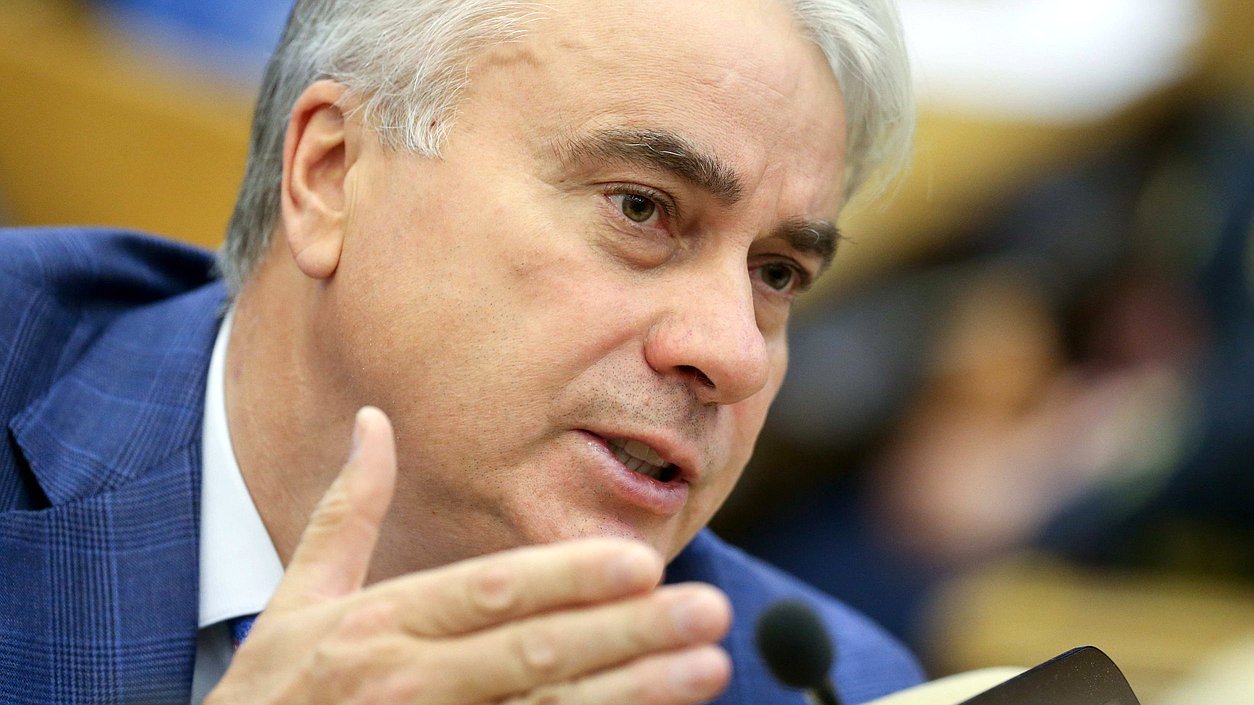
Pavel Zavalnyi

Pavel Nikolaevich
reminded that two weeks ago the official delegation of the State Duma visited
Germany. This visit was the first in a new political cycle.
“I led this delegation as the head of the “friendship group” with the German Bundestag, we had a lot of very intensive meetings both in the Bundestag, the Foreign Ministry, and with representatives of the regions. Following these meetings, I could state both the readiness to intensify the bilateral dialogue and its great constructiveness. I want to believe that we all went through the “coldest” phase in our relations,” said Pavel Zavalnyi.
Despite all the external circumstances, the Russian view of cooperation with Germany has not changed: the Russian side is convinced of the usefulness of strategic cooperation in the field of economy and energy for both countries. This is laid down in all major Russian strategic planning documents, both in the energy sector and in the field of international relations.
Future low carbon Europe needs gas
Speaking at the first plenary session of the conference in Potsdam, Pavel Zavalnyi said that the European professional energy community had practically reached a consensus on these topics, and only representatives of the European Commission continue to assert that gas has yet to prove that it can play an important role in decarbonizing the economy, become the perfect pair for renewable energy sources (RES), win the competition with coal. “All this is obvious to industry professionals. Moreover, today we can talk not only about the traditional use of natural gas in power generation but also, for example, about the advantages of using it as a motor fuel, including for maritime transport. There is an opinion that it is even more environmentally responsible than the widespread introduction of electric cars,” said Zavalnyi.
In his opinion, for the implementation of the common climatic goals Germany and Europe need an integrated approach, using advantages of both renewable energy sources and different types of gas, first of all, the replacement of coal-fired generation by gas.
The United Kingdom, which, having switched from coal to gas, in a short period of time achieved a significant reduction in emissions, is an example of the correctness of such an approach.
In addition, gas can be not only natural, but also synthetic, and renewable. It gives new opportunities for energy storage, can become a bridge to hydrogen energy technologies. Its use in gas infrastructure, which has already attracted huge investments, will allow maintaining Europe’s energy security for many decades.
“I would also like to note that the research and joint development of new niches of the gas use in all its forms as a new energy is a good platform for international cooperation, these topics are constructive and devoid of such a sharp political rhetoric as pipeline export issues. And this is very important in the current strained situation,” said the Chairman of the Committee on Energy.
